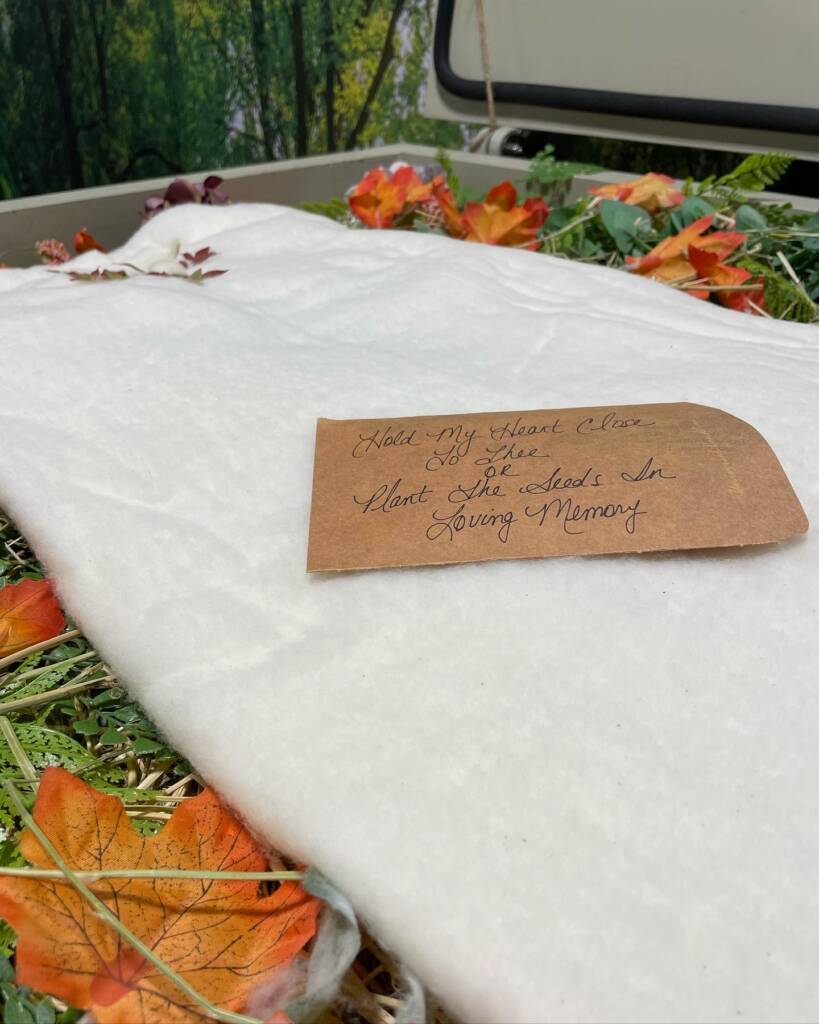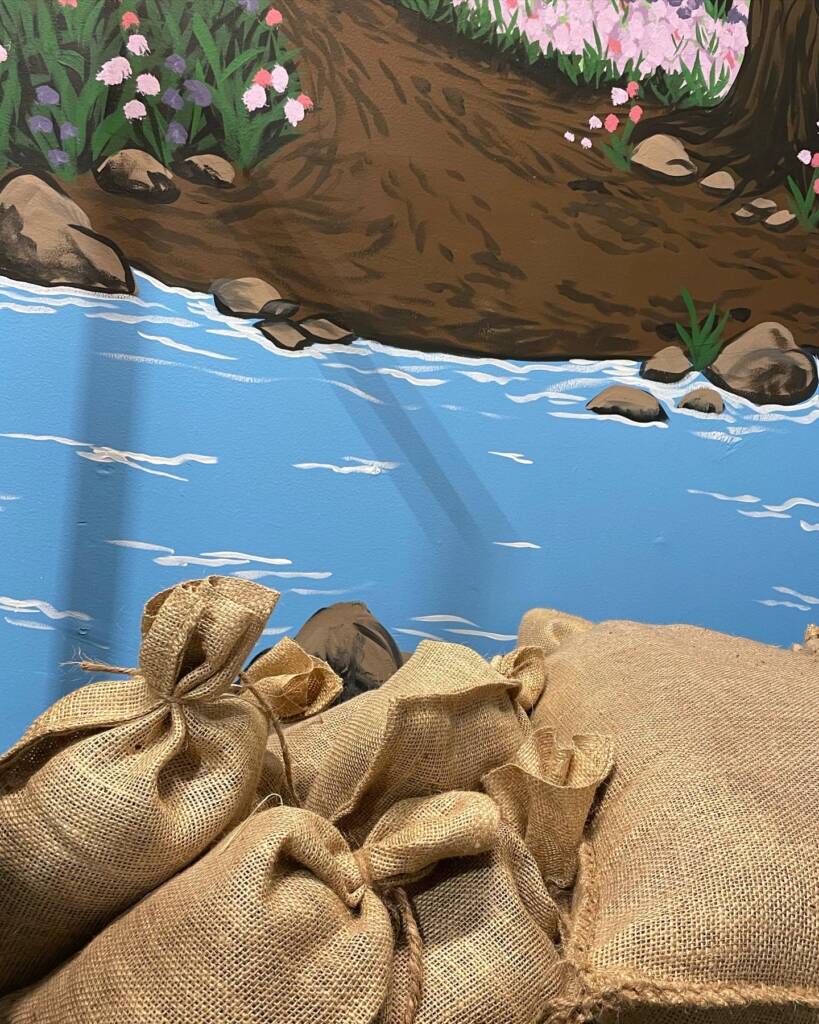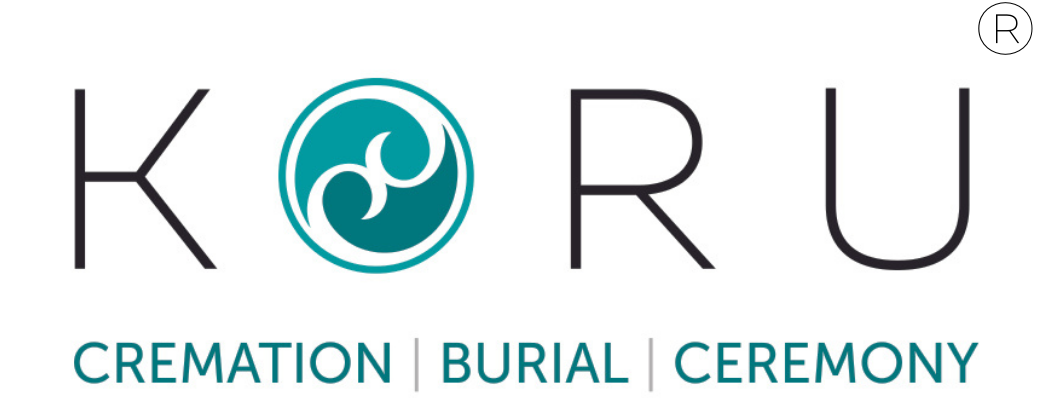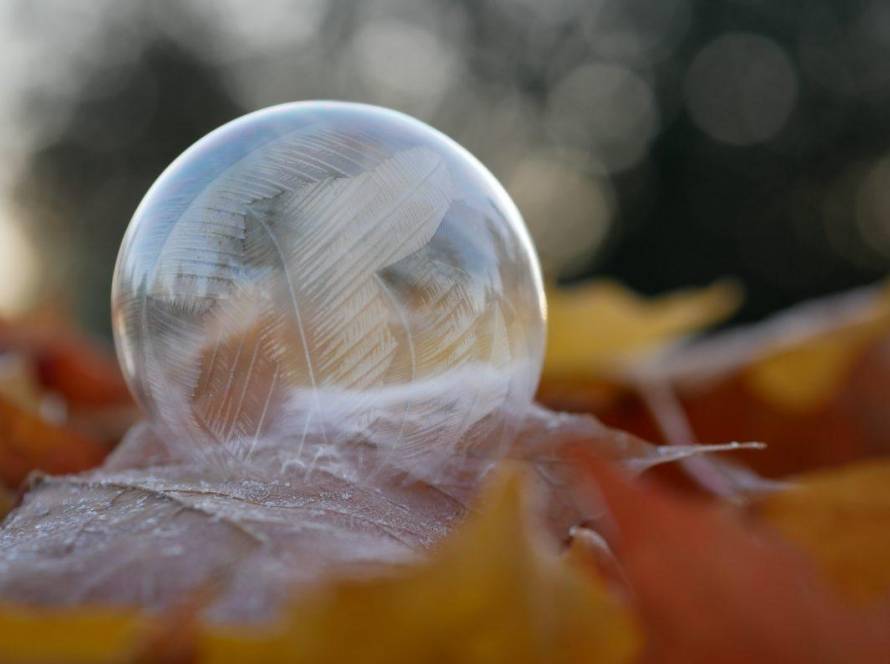Terramation or Natural Organic Reduction, the process of composting human remains.
In November Emily and I went on a field trip to Return Home, a terramation facility in Auburn, WA. It turned out the day we had requested the tour of Return Home was Black Friday. Being Canadians, we had no idea we had booked our tour on an American National holiday, however despite our ignorance, Jake from Return Home never cancelled, never remonstrated us for our poor choice in tour bookings, instead he greeted us with a friendly smile and a “great to meet you!”. That grace alone was enough for me to say, “we made the right choice in travelling 3 hours to tour Return Home’s facility”.
The tour did not disappoint either. Jake was totally open to all of our nosey questions, to showing us every part of the facility that we possibly could see, being so generous with his time (we definitely went over the hour that was allotted for a tour!) and even giving us some fun swag. As an eco-conscious death care provider I have been eager to not only learn more about NOR (natural organic reduction) but to make a connection with a facility practising it, in hopes of being able to offer these services to Vancouver folks.
Earlier this month KORU hosted the founder and CEO of Return Home, Micah Truman and Katey Houston, one of the funeral directors there, to provide information, education and an opportunity for people in Metro Vancouver to view a near full size model of one of their terramation vessels. It was a fantastic day of learning!
Micah and Katey talked about the terramation process Return Home developed, how it is different from other natural organic reduction processes, answered many questions from the guests who attended, shared the environmental benefits of terramation and best of all, shared stories of how terramation has been received by those who have requested it for their people who have died.
For me, the stories were the most powerful, most illustrative of how transformational this deathcare disposition offering can be. They talked about how involved many of the families of the terramated deceased want to be in this 60 day process, from participating in the preparation of their deceased person’s body, to participating in laying their person into the terramation vessel and the many trips they make to Return Home once terramation has begun to sit in front of their person’s vessel and gradually come to terms with life without their person in it. Families decorate vessels, talk to it, hug it, lean up against it and feel the heat that is being generated from composting, radiating out through the walls of the vessel. At the end of each terramation, the staff at Return Home were amazed at how many families wanted not just a small bag of the terramated soil, but the entire amount (which fills the back of a large pick up truck). The Return Home staff realized that while they thought they had developed and were offering a new disposition process, what was really happening was that people were re-engaging with caring for their dead in a way that hadn’t been practised in generations.
As a deathcare provider who chooses to focus on empowering families to participate in caring for their dead as much as they want or are able to, I have noticed over and over again the natural relationship of family led deathcare and eco deathcare disposition choices (which in BC is green burial) and the incredible healing that starts to happen early on in one’s grief journey because of these acts. The two just go hand in hand, like peas and carrots. Micah and Katey’s revelations underscored that relationship again as they shared stories of families they have helped at Return Home.
The confession and the lesson.
While I am incredibly grateful and just a little excited to have developed this relationship with Return Home so that KORU clients can choose terramation, I confess that I’m also terribly disappointed that BC continues to lag behind other jurisdictions when it comes to allowing other disposition options for our deceased. Aquamation is also considered to be a greener option for those who wish to be cremated and is legal in four Canadian provinces and one territory, (Saskatchewan, Ontario, Quebec, Newfoundland and Labrador and the Northwest Territories). The lesson for me in all of this, is that I have a duty to continue to provide opportunities to educate communities in all deathcare options, whether it’s available in BC or not. Awareness of these important conversations is critical, not just to encourage advocacy for the BC government to make changes to give us more environmentally friendly options, but to also shine the lens on the power of healing that comes when we are intentional about the deathcare choices we make.
In community,
Ngaio
